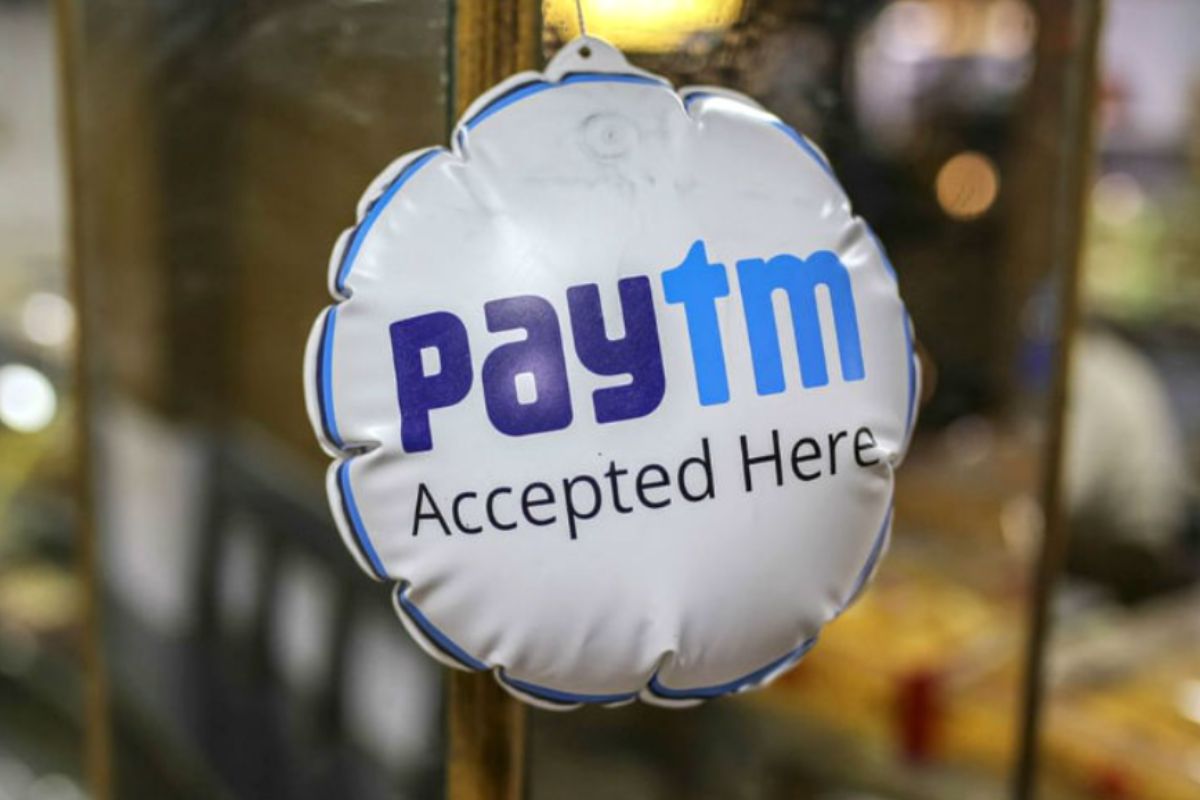NEW DELHI: The Reserve Bank of India (RBI) has implemented restrictions on Paytm Payments Bank, prohibiting the entity from providing additional banking services starting March 2024. This action stems from concerns related to the breach of regulatory norms and compliance issues.
“The Comprehensive System Audit report and subsequent compliance validation report of the external auditors revealed persistent non-compliances and continued material supervisory concerns in the bank, warranting further supervisory action,” RBI said. In March 2022, the regulatory authority instructed Paytm Payments Bank to cease the onboarding of new customers and engage an IT audit firm for a thorough System Audit.
Also Read: Saudi Arabia’s BRICS membership officially activated
After February 29, 2024, Paytm Payments Bank will be prohibited from accepting deposits or engaging in credit transactions, top-ups in customer accounts, as well as handling prepaid instruments, wallets, FASTags, and NCMC (National Common Mobility Cards), among other services.
Nevertheless, interest, cashbacks, or refunds may be credited at any time. Additionally, the entity must enable customers to withdraw or use balances from their savings and current bank accounts, prepaid instruments, FASTags, and NCMC without any restrictions, up to the available balance.
Also Read: Why have farmers in France and Europe taken to streets in protest?
The central bank has specified that, beyond fund transfers, using, or withdrawals, Paytm Payments Bank is restricted from offering any other banking services, as well as BBPOU (Bharat BillPay Operating Units) and UPI facility after February 29.
Furthermore, it is required that the nodal accounts belonging to the parent company, One97 Communications, and Paytm Payments Services, be closed by February 29. Settlement of all ongoing transactions and nodal accounts pertaining to transactions initiated before February 29, must be finalised by March 15. Subsequently, no additional transactions will be allowed.
What Does That Mean?
Payments Banks are restricted from accepting deposits and are not permitted to provide loans, except in collaboration with another regulated lender. They also have the authority to issue debit cards but are prohibited from issuing credit cards unless it is done through a co-branded or co-lending arrangement with a partner bank or NBFC.
Also Read: BRICS membership cure-all for Egypt’s economic woes? Cairo expert explains
Originally, the prepaid payments instruments (PPI) license was held by the listed parent company, One97 Communications. However, once Paytm Payments Bank commenced operations in May 2017, the PPI license was transferred to it. Moreover, the company is still awaiting the ultimate approval for the payments aggregator (PA) license.
The recent restrictions essentially signify the cessation of banking operations, unless the entity opts to transfer or channel its payment services through another bank. During this period, Paytm may encounter challenges in conducting various payment-related transactions, extending beyond the scope of the payments bank, as noted by industry experts.
Also Read: India-Iran are bedfellows: Tehran expert on BRICS+ bond | EXCLUSIVE
“For all practical purposes, the above notifications end the operations of Paytm Payments Bank. This is a definite negative development and adds to the already heavy regulatory overhang on the business,” Bernstein Research said in a note.
Although the company does not anticipate an immediate impact on its UPI payment business, constituting 70 per cent of the GMV (gross merchandise value), it foresees potential risks to the payment margin. This is due to the fact that some of the higher-margin products, including wallets and FasTag, rely on the payments bank.
Also Read: Are BRICS nations eyeing common currency in 2024?
Jefferies mentioned that this could also have repercussions on the lending business, constituting 20 per cent of revenue, if lending partners curtail business activities due to operational and governance risks. The statement outlined potential consequences such as the need to wind down Wallet GMV (5 per cent of the total), potential impacts on merchants using Paytm Bank (6 per cent of devices), and significant effects on FasTag GMV. These factors pose potential risks to earnings and valuations, according to Jefferies.
After the RBI imposed sanctions, numerous customers expressed their worries on the microblogging website X regarding their wallet balances, fixed and savings deposits, and the ability to use Paytm for UPI transactions.
Also Read: Argentina chooses US Dollar over BRICS membership











